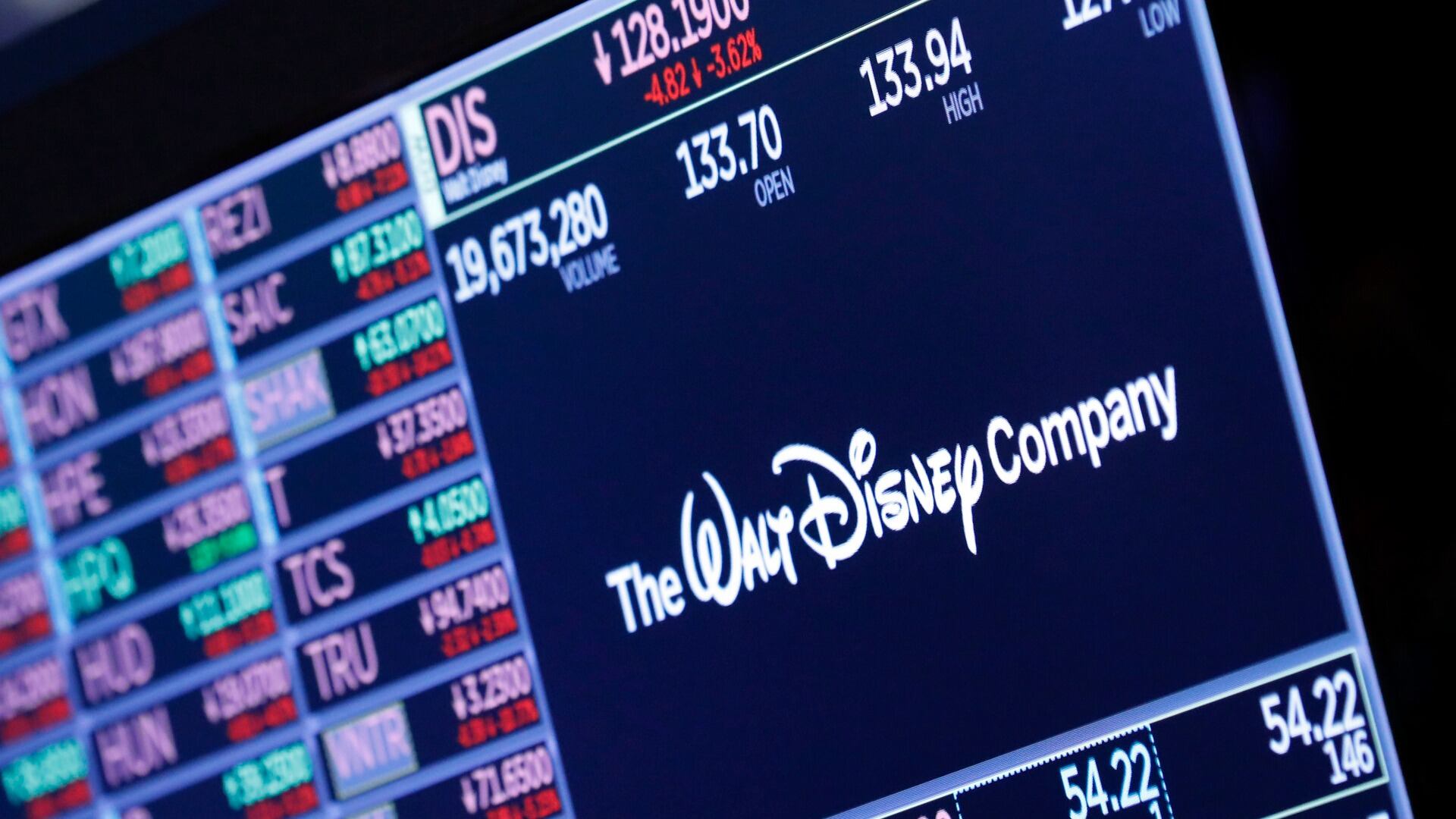Here is a rundown of Cheddar News' top market stories of the day.
DISNEY VS. ACTIVIST INVESTOR
Activist investor Nelson Peltz, of Trian Management Fund, is looking to secure a coveted seat on Walt Disney Co.'s board, and the entertainment giant is none too happy about it. Disney said in a statement released Wednesday that it opposes the nomination, and urged shareholders to vote against him. The fear is that Peltz will spark a proxy battle. An outspoken critic of Disney's business practices, he recently started pushing the board to have a succession plan for when CEO Bob Iger finishes his two-year stint aimed at restoring the company to its pre-pandemic glory.
STARBUCKS RETURNS TO OFFICE
Starbucks is requiring corporate employees to work in the office at least three days a week starting on Jan. 30. The company initially asked workers to come in one to two days, but apparently workers were not following that directive. CEO Howard Schultz tried to put a positive spin on return to the office, writing in a memo to employees that the change was designed to rebuild employees' connection with one another. Disney made a similar announcement earlier this week.
BED BATH & BEYOND RALLIES
Bed Bath & Beyond's wild ride continues. One week after admitting that bankruptcy was a real possibility for the embattled big-box retailer, its shares shot up nearly 70 percent on Wednesday and appeared set for another rally on Thursday based on pre-market trading.
TAIWANESE CHIPMAKER'S BIG PROFITS
Finally, the world's biggest contract manufacturer of semiconductor, Taiwan Semiconductor Manufacturing Co. (TSMC), reported a 78 percent jump in profits in the last quarter on Thursday. On the one hand, the surge in profits is a clear sign that demand for chips is higher than ever. On the other hand, TSMC is forecasting softening demand in the coming year.









